Search
Research
Delayed cortical processing of auditory stimuli in children with autism spectrum disorder: A meta-analysis of electrophysiological studiesSeveral researchers have hypothesised that individuals with Autism Spectrum Disorder (ASD) show encoding delays in their obligatory event-related potentials (ERPs)/ event-related fields (ERFs) for low-level auditory information compared to neurotypical (NT) samples. However, empirical research has yielded varied findings, such as low-level auditory processing in ASD samples being unimpaired, superior, or impaired compared to NT samples. Diverse outcomes have also been reported for studies investigating ASD-NT differences in functional lateralisation of delays.
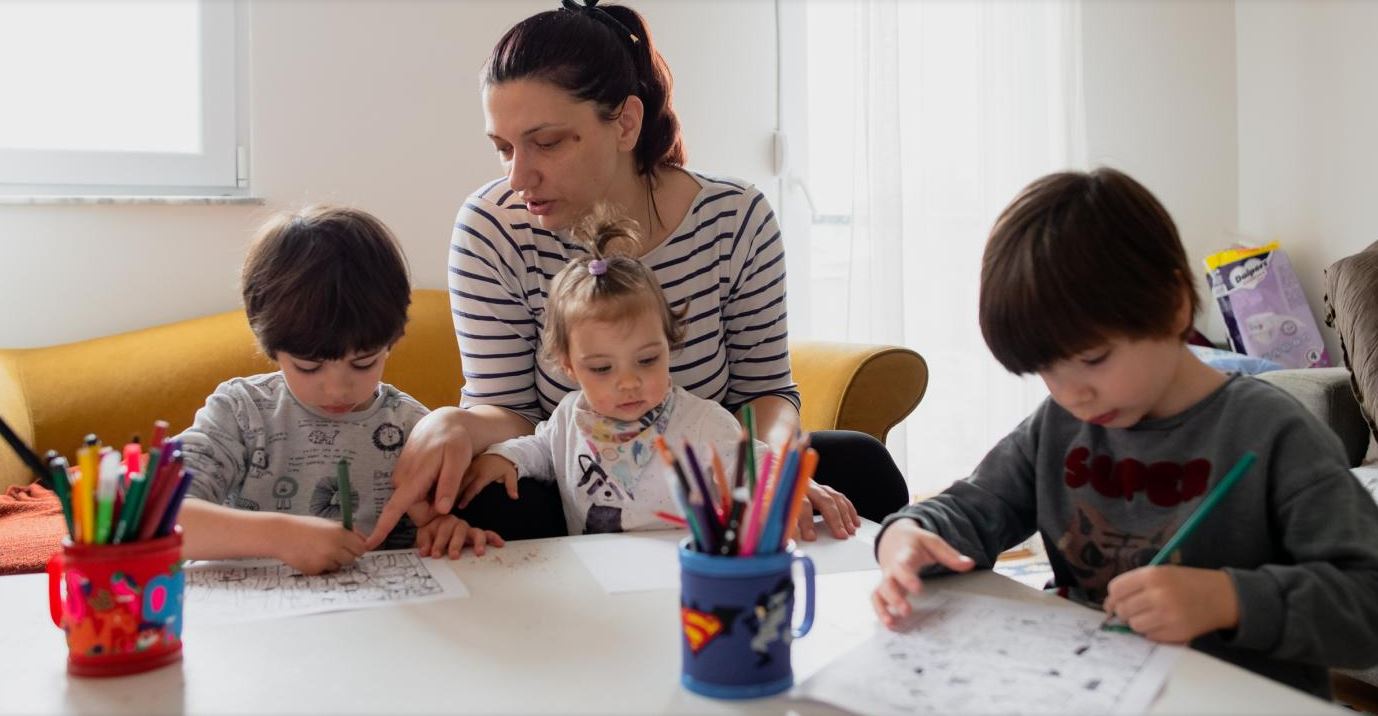
News & Events
How to stay sane in isolationIn this new blog, Occupational Therapist and Clinical Lead (OT) Marie Rodatz offers families advice on how to cope with home isolation with a child on the autism spectrum.

News & Events
Using visual supportsIn this blog, Senior Speech Pathologist Sally Grauaug and Speech Pathology Clinical Lead Aria May discuss the use of visual supports.

News & Events
Boosting literacy by reading with childrenIn this blog, Speech Pathologist Genevieve Wilmot shares the strategies caregivers can use at story time with their child to make book sharing fun.
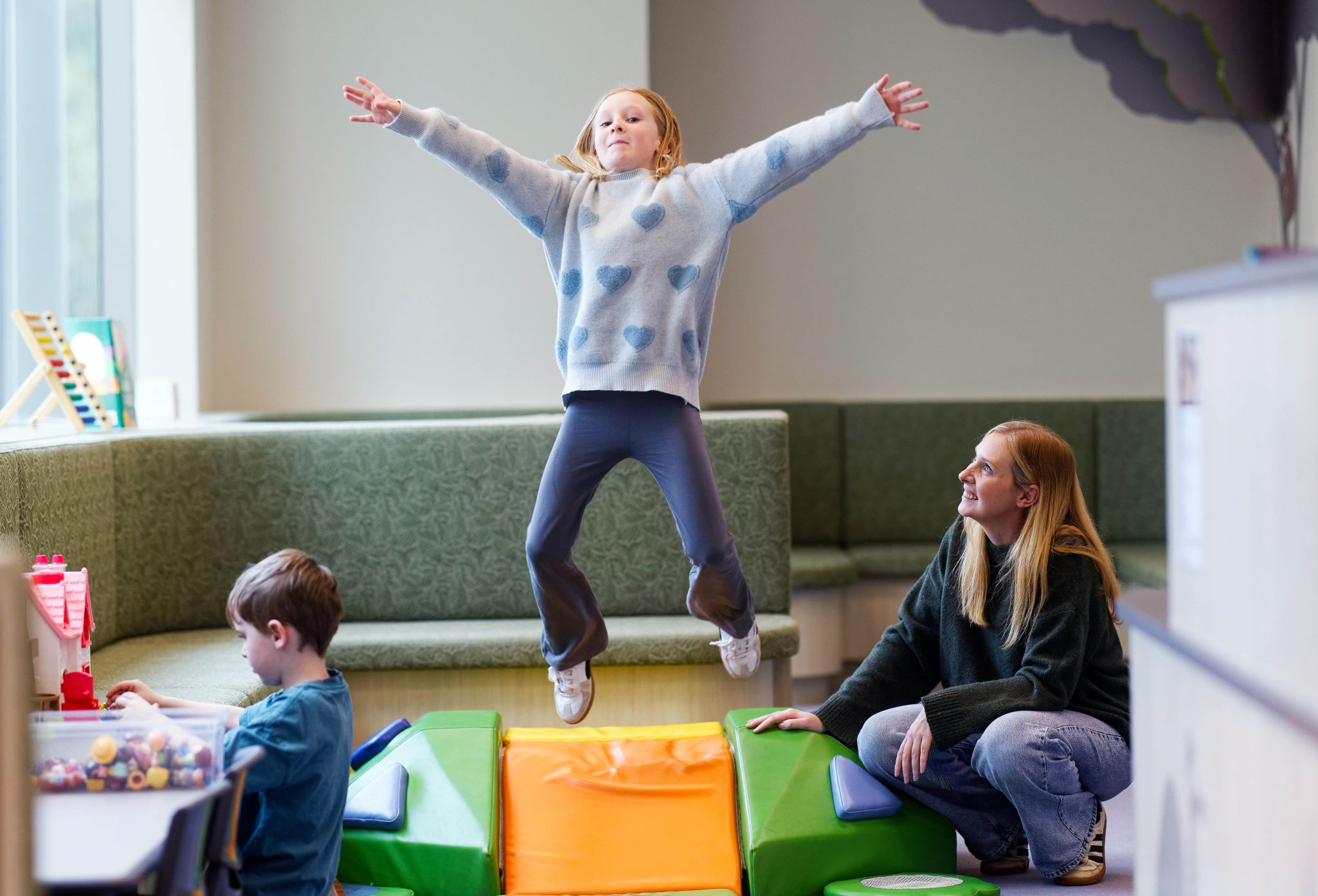
News & Events
Important clinic updateThere is lots of news to report from the clinic including holiday shutdown dates, appointment scheduling, staff updates, and more.
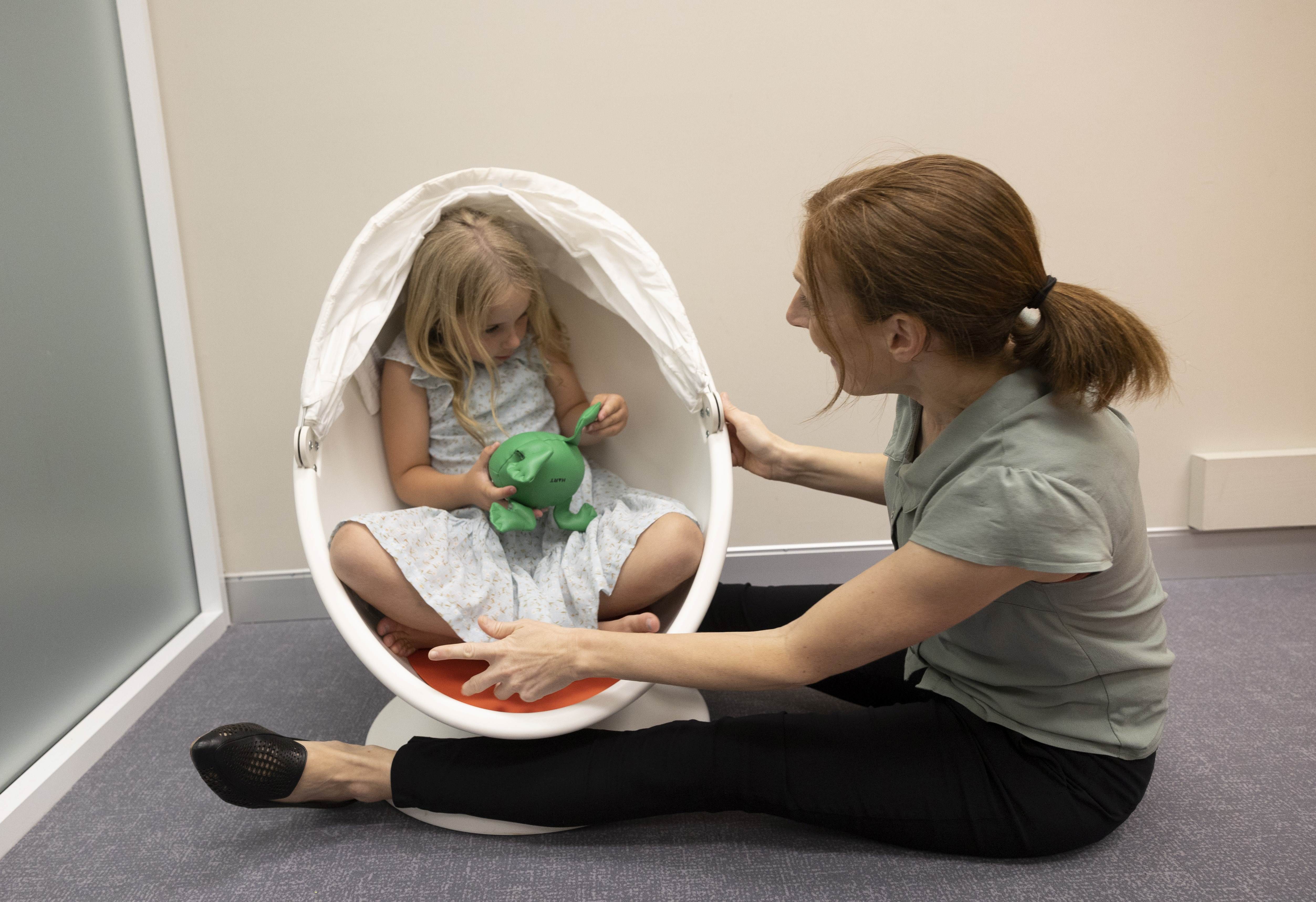
News & Events
Developing emotional regulation skillsThis blog aims to explore what emotions are, why they are important, and how we can support children to develop their ability to understand and express their own emotions in a healthy way.
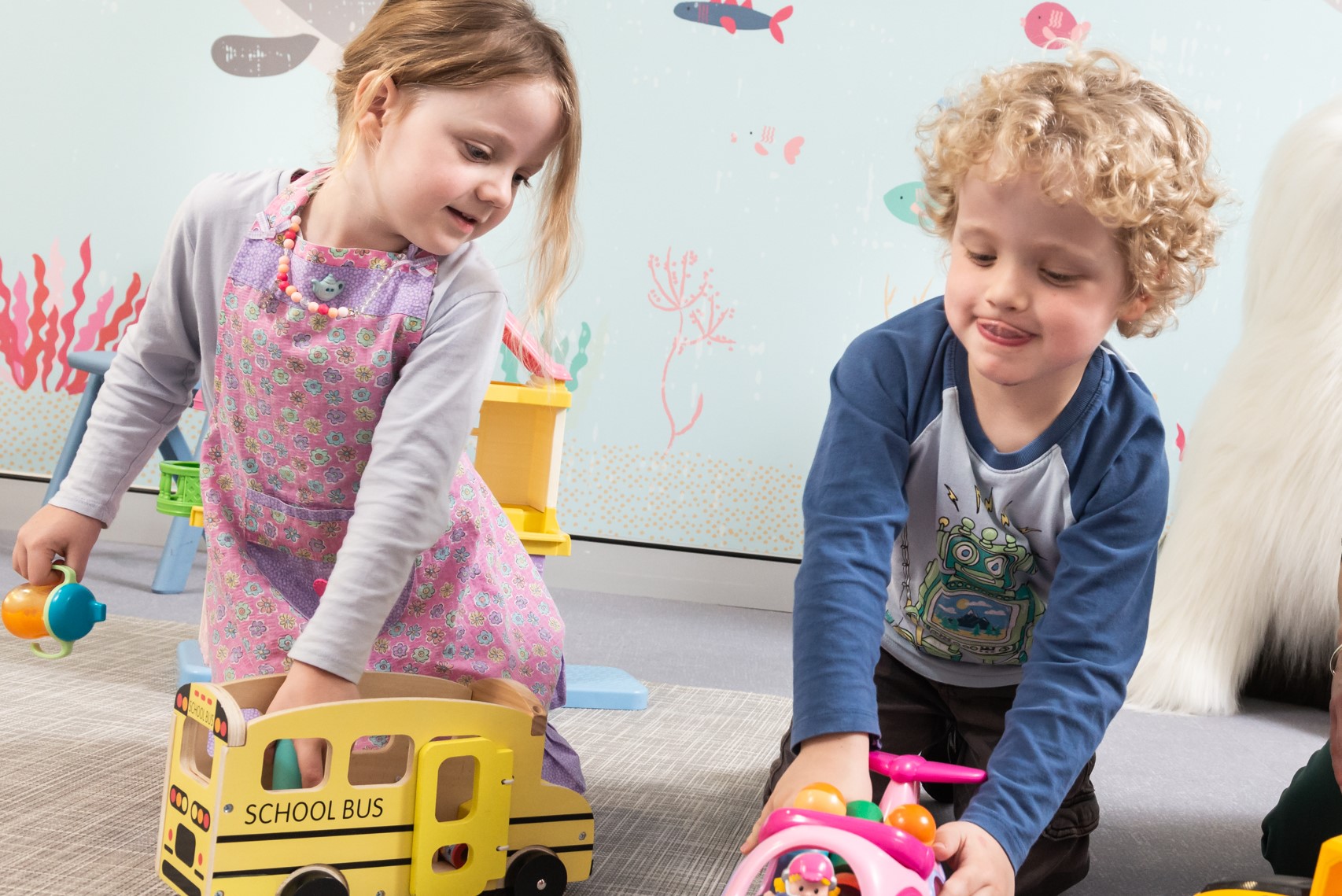
News & Events
Supporting siblings of autistic childrenIn this new blog, Senior Clinical Psychologist Rebecca Eaton offers families advice on how to support siblings of autistic children.

News & Events
Using daily routines to support communicationIn this blog, Senior Speech Pathologist Sally Grauaug and Speech Pathology Clinical Lead Aria May discuss how daily routines can facilitate the development of your child’s communication skills.
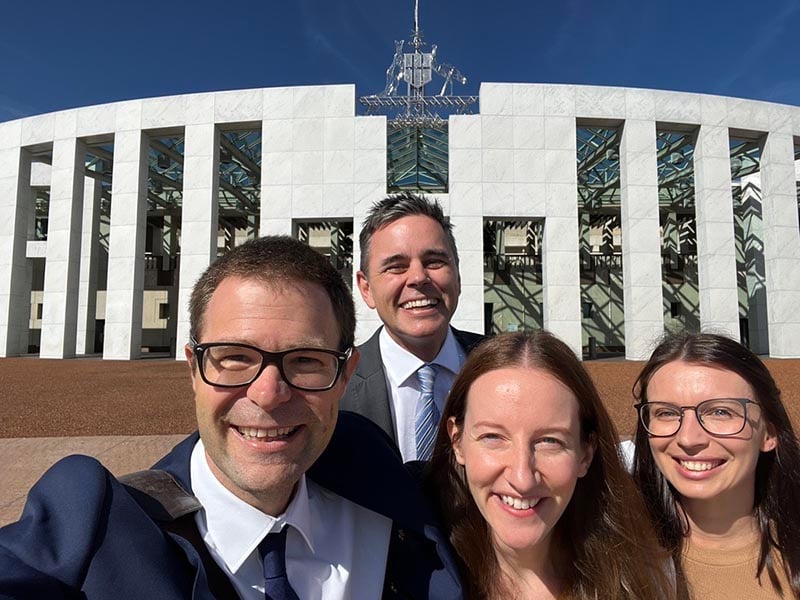
Australia’s first national guideline for supporting the learning, participation and wellbeing of autistic children and their families.
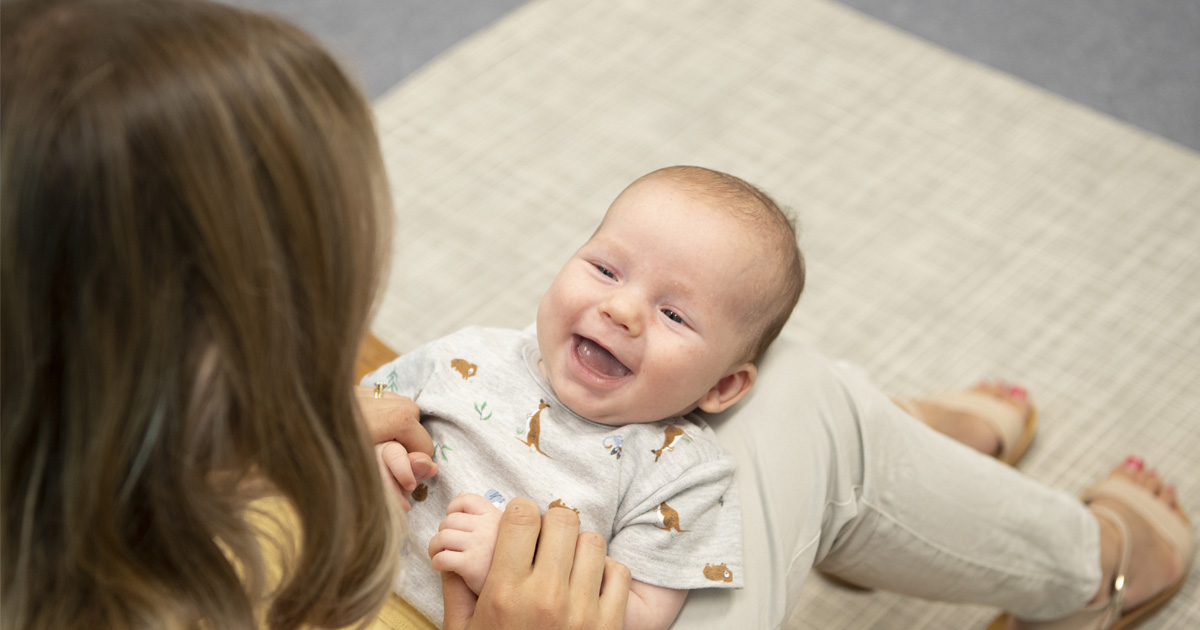
News & Events
Therapy for babies with signs of autism cuts long-term disability costsNew research evaluating the potential cost savings of a therapy for babies displaying early autism signs has predicted a three dollar return to Australia’s National Disability Insurance Scheme (NDIS) for every dollar invested in therapy.
